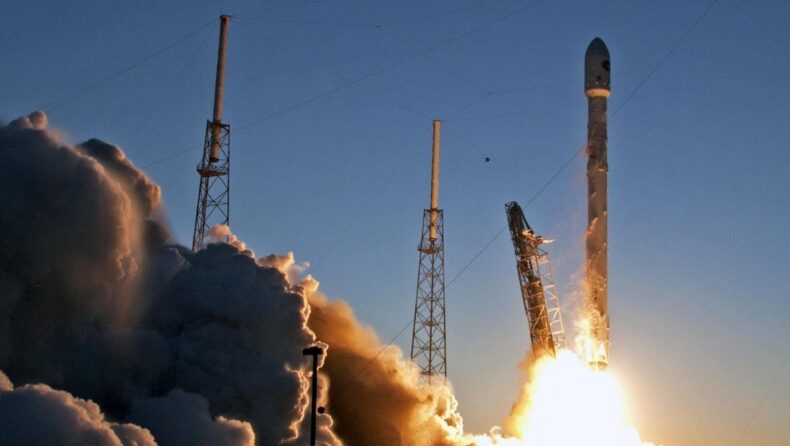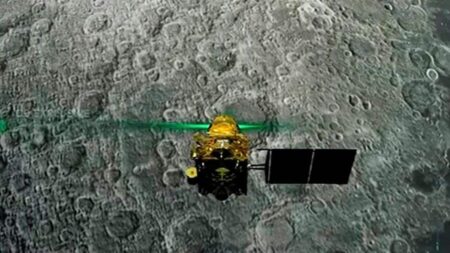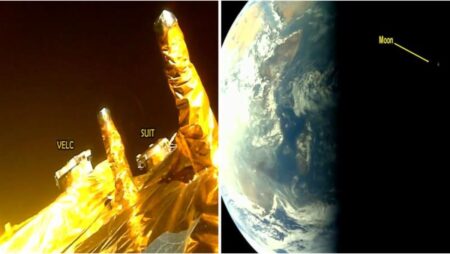Pixxel said in a Twitter update on Saturday that the hyperspectral imaging satellite, carried by a SpaceX Falcon-9 rocket off Cape Canaveral in the US on Friday, had successfully deployed solar panels and antennas, and made several ground passes.
Weighing under 15 kg, the satellite can pack 10 m in a pixel, exceeding by a third the specificity of comparable launches by ISRO, NASA, and others, said Pixxel. The satellite can beam down data relating to deforestation, melting of ice caps, gas leakage, crop health and other data critical for climate change assessments.
Co-founders Awais Ahmed and Kshitij Khandelwal said in a blog post that Friday’s event marked the first of a raft of launches from Pixel.
“This launch sets the stage for Pixel’s first commercial phase satellites to be launched in early 2024 and the commercial sale of our data. With six satellites on a Sun Synchronous Orbit on a 550-km altitude, Pixxel’s hyperspectral constellation would be able to cover any point on the globe every 48 hours.”
The launch comes in the wake of a Rs 25 million Series A fundraise led by Radical Ventures, Seraphim Space Capital, Relativity Space co-founder Jordon Noone, Lightspeed Partners, Blume Ventures, and Sparta LLC, among others.
Published by – Kiruthiga K
Edited by – Kritika Kashyap













